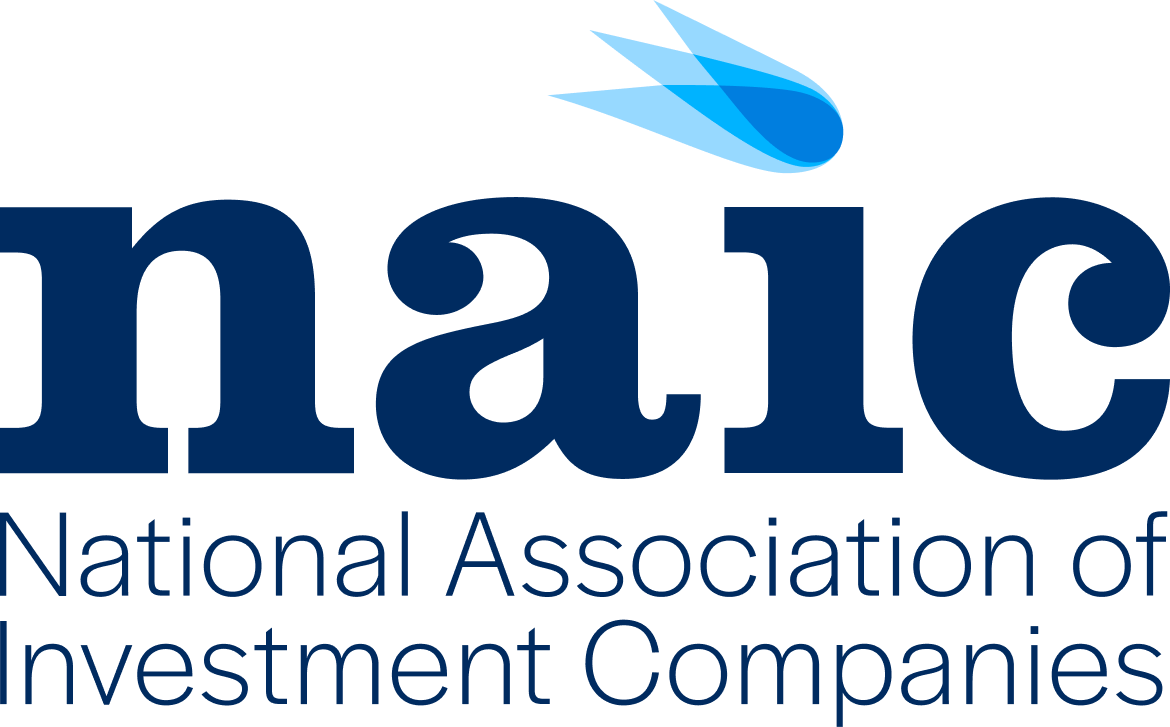African Americans have played a vital role in America’s financial services industry for over a century. From the first Black-owned financial institution, Capital Savings Bank, which opened in 1888, to Reginald F. Lewis and the landmark $985 million leveraged buyout of Beatrice Foods in 1987, to Mellody Hobson, president of Chicago-based Ariel Investments since 2000, African Americans have long been pivotal to the evolution of the industry.
In honor of Black History Month, NAIC explored the impact of Black-owned firms on the U.S. economy and how these firms are collectively evolving with dealmakers executing more complex alpha-generating transactions to take their rightful place as exemplary leaders in the alternative asset management industry.
While those jobs are important to the overall economy, they are even more significant to communities of color, where unemployment levels skew much higher than in non-diverse communities. Diverse-owned firms tend to invest in diverse businesses with more diverse workforces, reducing the wealth gap. That disparity isn’t just a Black problem – it’s an American problem.
In “The Economic Cost of Racism,” the International Monetary Fund estimated that systemic racism will cost the U.S. economy between $1 trillion and $1.5 trillion between 2019 and 2028. That translates to a projected GDP penalty of 4 to 6 percent in 2028.
Inspiring the Next Generation
In addition to creating jobs and fueling innovation, Black asset managers and their successes inspire a new generation of financial services professionals. The historic Beatrice Foods’ international division leveraged buyout — the largest in U.S. history to that point — was an inspiration for David Grain, CEO and Founder of Grain Management. “Many of us remember turning to the article and seeing that picture of Lewis, a Black man, standing with financier Michael Milken of Drexel Burnham Lambert,” recalls Grain. “Seeing that image and the success of other African American entrepreneurs raised our collective sights to what was possible.”
Grain, who himself has inspired young diverse professionals, is joined by a robust list of industry leaders that include John W. Rogers Jr., Co-CEO of Ariel Investments, which in 1983 became the first Black-owned mutual fund firm in the country. Ariel now oversees nine separate account strategies, five proprietary mutual funds, a private equity subsidiary and $16.2 billion in assets. JoAnn H. Price, Frank Baker, Tammy K. Jones, Robert F. Smith, Kneeland Youngblood, and Mellody Hobson have seen their successes spawn a new generation of industry leaders.
Those who have influenced Brown Venture Group’s Campbell include the iconic A.G. Gaston – whose many entrepreneurial ventures included the first Black-owned financial institution in Birmingham. “We had to create opportunities because there were none for our communities,” he says.
“The entrepreneurial spirit has been in our community for a long time. We just lacked proper access to capital. And that’s a solution we try to lean into right now.”
And that impact isn’t just economic. Many established professionals and their successes inspire a new generation of diverse asset managers. “Verdun Perry raised $25 billion for Strategic Partners of Blackstone. All right, Verdun, thanks for upping the ante,” says Sherrese Clarke Soares, Founder & CEO of HarbourView Equity Partners. “Or Robert Smith managing $95 billion, or José Feliciano’s accelerated success over the last decade reaching approximately $70 billion of AUM. They are inspirations for me. At HarbourView, we hope to be a beacon for others.”HarbourView is a global investment firm founded in 2021 focused on niche markets and esoteric investment opportunities in the media and entertainment space.
Performance Matters
Raising capital is an essential indicator of a leadership team’s skills, but performance matters most at the end of the day. These Black-led firms and their respective leaders also create significant deals and other value-generating transactions. NAIC’s Home Run Club showcases some of the extraordinary transactions our member firms have orchestrated. Among them is Grain Management’s 2014 acquisition of spectrum licenses from Cincinnati Bell Wireless and subsequent lease of most of the licenses to Verizon and sale of the remainder to T-Mobile for a return of over 5x invested capital. Residual cash flows from the securitized Verizon lease payments brought the total return to investors to 8x.
More recently, IMB Partners’ 2022 exit of LaFata Contract Services (LCS), a utility project and construction management firm, resulted in a gross MOIC of 27x for its stakeholders. Also in 2022 was Vista Equity Partners’ sale of Datto, a leading global provider of security and cloud-based software solutions, in a take-private transaction valued at $6.2 billion. The deal resulted in a 3.55x return for Vista’s Flagship Fund and a 6.4x return for its Foundation Fund.
While more large-scale firms executing increasingly complex investment strategies will certainly be a part of the future of African Americans in alternatives, there is still much ground that needs to be covered. “The next generation inspires me. They inspire me to give them this new beacon,”attests Clarke Soares. “But there’s no reason that Robert shouldn’t be Blackstone, that I shouldn’t be Robert. And there should be 50 other mes.”
There is no question that Black-owned alternative asset management firms are facing no shortage of challenges that NAIC is addressing. It is nonetheless a vibrant and thriving community of entrepreneurs and professionals. “Sometimes it’s so easy to forget how far we’ve come,”says Campbell. “We have a tremendous opportunity now. That’s why I’m so excited about the opportunity we have to go forward. And the opportunity really is to help others see the hidden gems that are within our communities.”
The number and scale of assets managed by diverse firms have risen over the last several years, driven by both strong performance and an increase in awareness of DEI-related concerns. There is a wider spread appreciation for data coming out of studies from organizations like the Knight Foundation and NAIC that highlight performance parity between diverse-led funds and those that are not diverse, as well as the outperformance of many diverse-led funds beyond the benchmark.
While indicators point to a challenging 2023 for the alternative asset management industry, history has proven that Black-owned firms have weathered challenging times in the past and have emerged stronger. These firms — many of which consistently outperform their non-diverse counterparts — will always play a vital role in the evolution of the global economy.

